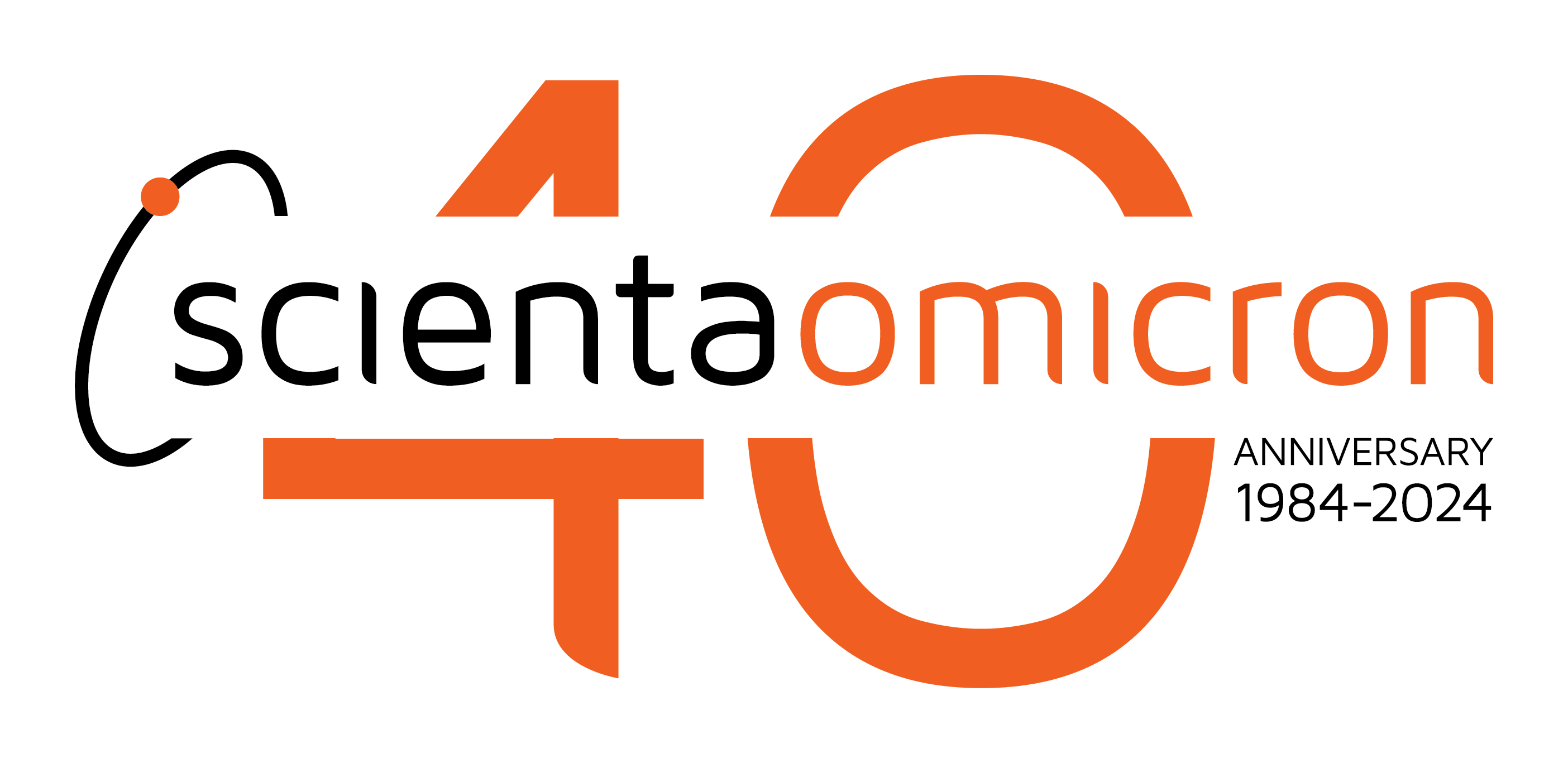AVS 71
The American Vaccum Society International Symposium and Exhibition
Charlotte, North Carolina
The AVS International Symposium and Exhibition addresses cutting edge issues associated with materials, processing and interfaces in both the research and manufacturing communities. The weeklong Symposium fosters a multidisciplinary environment that cuts across traditional boundaries between disciplines, featuring papers from AVS Technical Division, Groups, Focus Topics on emerging technologies and more. An extensive Exhibition of related equipment, tools, materials, supplies, chemicals, services, consulting, technical literature, and new technologies are showcased during the week.
